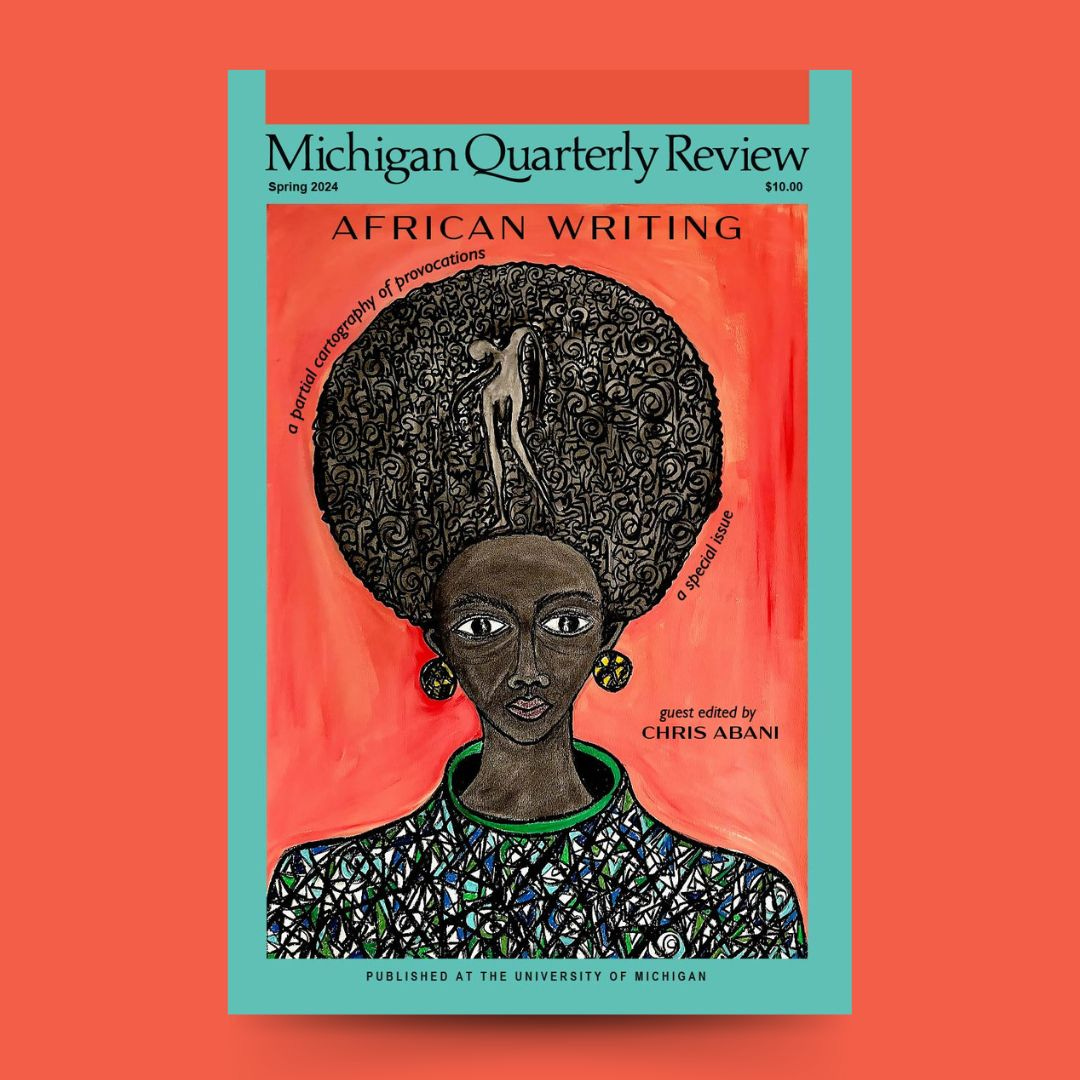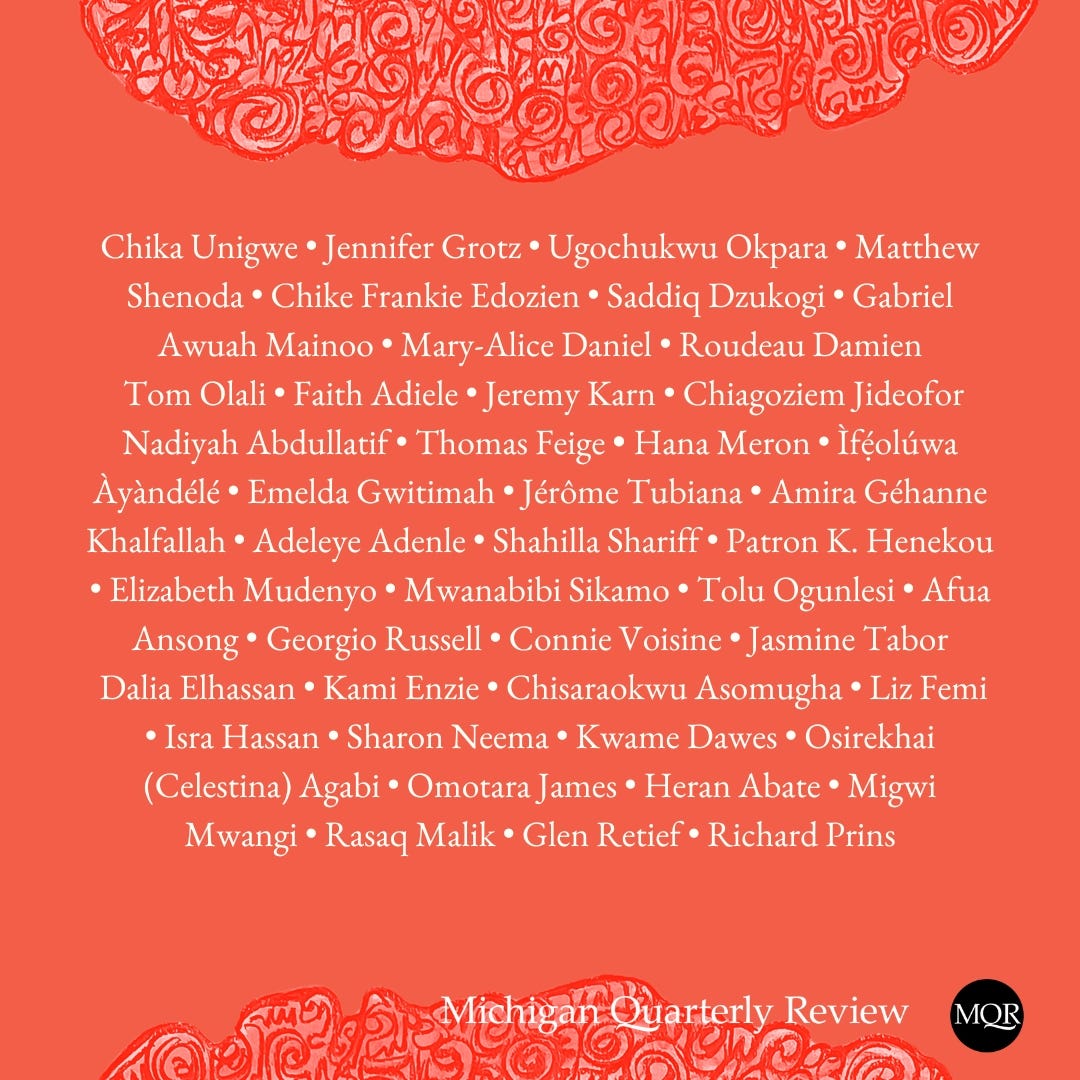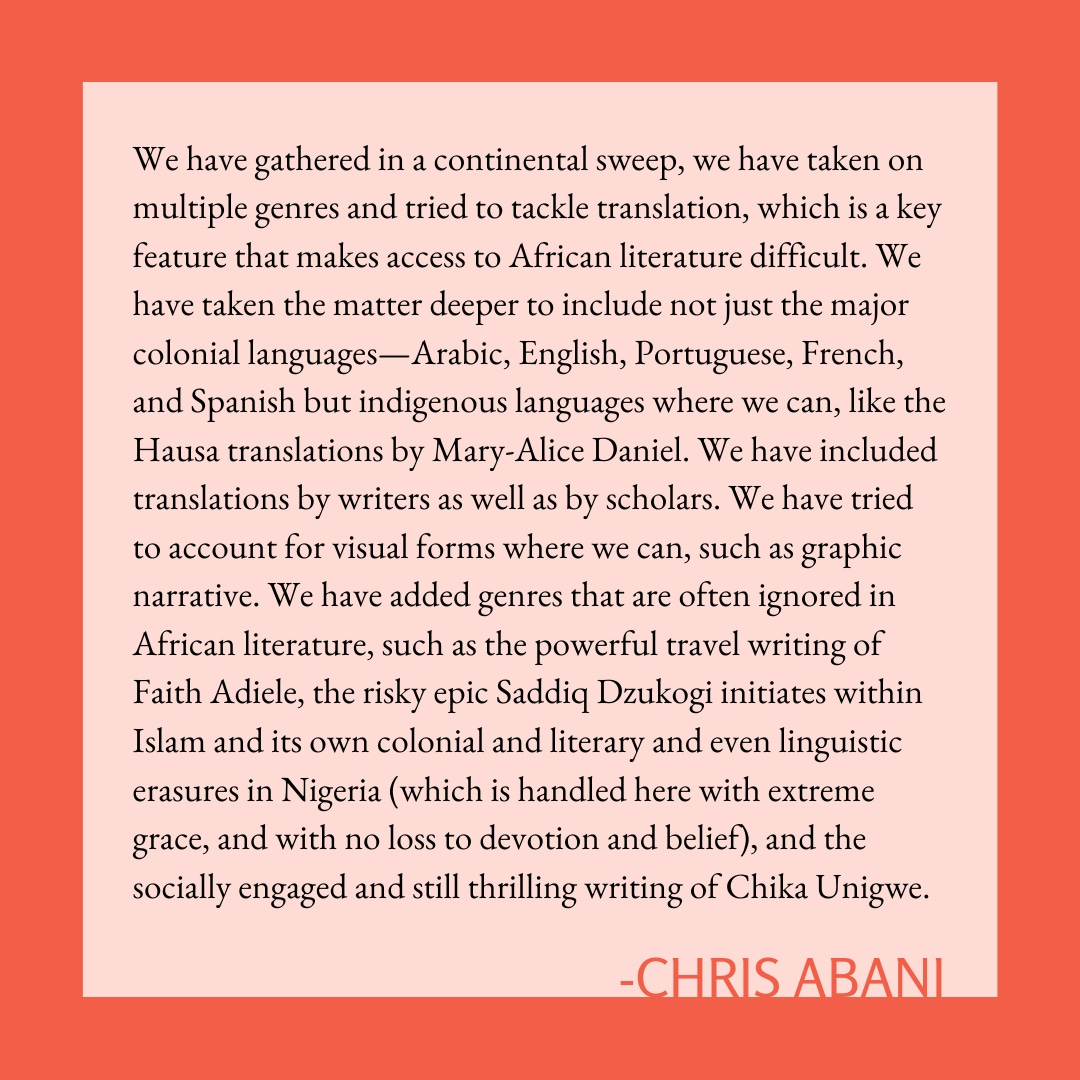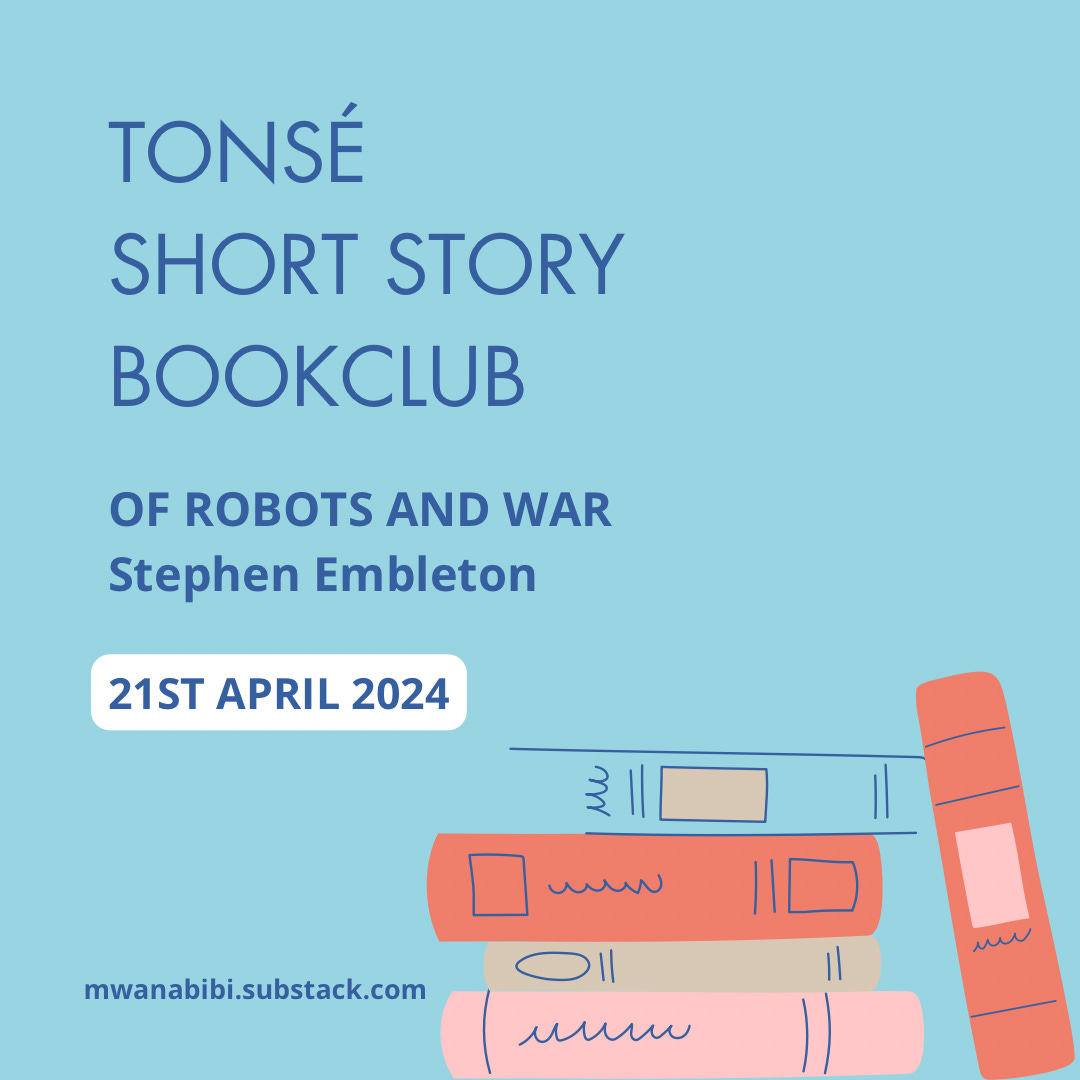Finding Form and Function
Marie Antoinette, Hakainde Hichilema and the quest for the perfect balance between a story’s form and it’s function
Last month Zambian president Hakainde Hichilema (HH) declared that our country is undergoing a national disaster. He cited extreme weather conditions that have led to an almost unprecedented earth cracking drought, predicted crop loss and hunger, and sought support as an impoverished nation particularly susceptible to climate change.
HH went on CNN and told the world about our woes. CNN ran the interview alongside images of random Africans living in desert-like conditions, the headline was that we hadn’t had a drop of rain all season; effective but not entirely accurate.
The newspapers in Zambia have been goading us with click baiting soundbites. A couple of days ago one of them shouted about how HH had said cassava was more filling than our beloved maize meal, insinuating that, in light of reduced rainfall, and the high cost of growing maize, we should all consider adapting our diets. The bait reeled in the naysayers - how dare he tell us what to eat.
Like so many others, in the 2010s I wrote a blog. Uprooting the Pumpkin was my attempt at muddling through the Zambian physical, societal and political landscape. Had this drought been happening then, I might have written a treatise on government policy vis-à-vis agriculture and social welfare. I might have argued that the preference for maize meal was a collective form of cultural memory loss or sought to outline the particular plight of poor women who are so often tasked as family food givers. Any of these frames would hold the lens, but the choice of form is dependent on so many considerations - aesthetics, audience, motive, possibly chief among them.
During the pandemic, I discovered indigenous Zambian food. Indigenous in the sense that it is food that has been grown and eaten here for many 100s of years. Isolating for the good of the nation, I experimented with sorghum, millet, cassava, varieties of gourds, and vegetables. Never one for doing things by half, I began to dream of cookbooks.
The cookbook is still just a penciled in note book, but last year, when the Michigan Quarterly Review put out a call for submissions to "African Writing: A Partial Cartography of Provocations” I knew I wanted to write about food and the politics of food, but I didn’t want to be prescriptive because I’m acutely aware of the complexities, I also didn’t want to by whiny because, as an African, sometimes it can all be so exhausting.
I wanted to celebrate our food, convey my experience of its taste, texture and scent, but I didn’t know what that would look like on the page. Then, as it so often does, an image popped into my mind. Me, aged very young, sitting beside my grandmother as she squeezed the insides out of squirming Mopani worms, readying them for the pot. And that was how I started what I now know is a food memoir of sorts. Naturally, it’s called “Let Them Eat Kandolo” and you can read it in the special spring issue of the magazine.
Fun fact: many years ago I was a regular contributor to AfriPop Magazine (does what it says on the tin) as a reviewer of all things culture, I interviewed the director Chris Abani about his latest film. I was in awe of him then as I am now as he guest edits what he calls a Mixtape of African writing - an attempt to showcase the variety of forms written from and of the continent.
Don’t you just love a bit of serendipity?
How do you decide on the form of a story, or does the story decide the form? Id love to hear what works for you.
This month the Tonsé Short Story Book Club reads Stephen Embleton’s “Of Robots and War”. Read it for free in the fabulous Shallow Tales Review.
We meet on 21st April via the app.
Thanks for reading!








Let them eat kandolo"😂😂😂😂
Top tier title.
On deciding the form of a story, I think reading too many books about structure has subconsciously made my default the typical:
Intro- Conflict- Confrontation- twist- resolution
It's has to be consciously intentional on my part to try something different and experiment. Though such experimentation can only go so far, as usually a story has its own base template when I come up with the idea.
And on serendipity. Odd how some things just align, I wouldn't blame the religious in prescribing such moments to God.
Thanks the read and great write up as always.
P.s: Might need that cookbook in the next few years, when I ascend into my "only indigenous culture" phase.